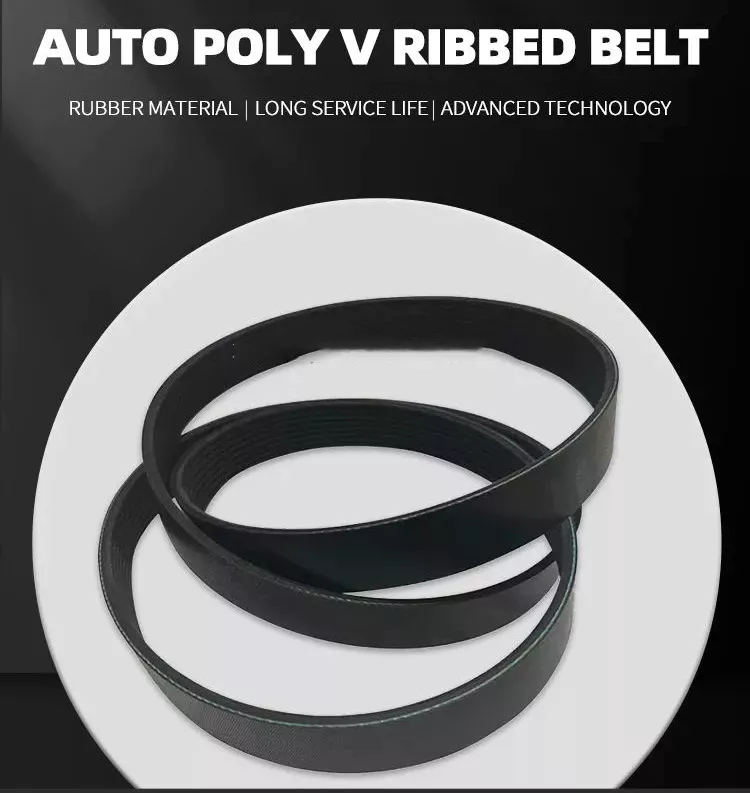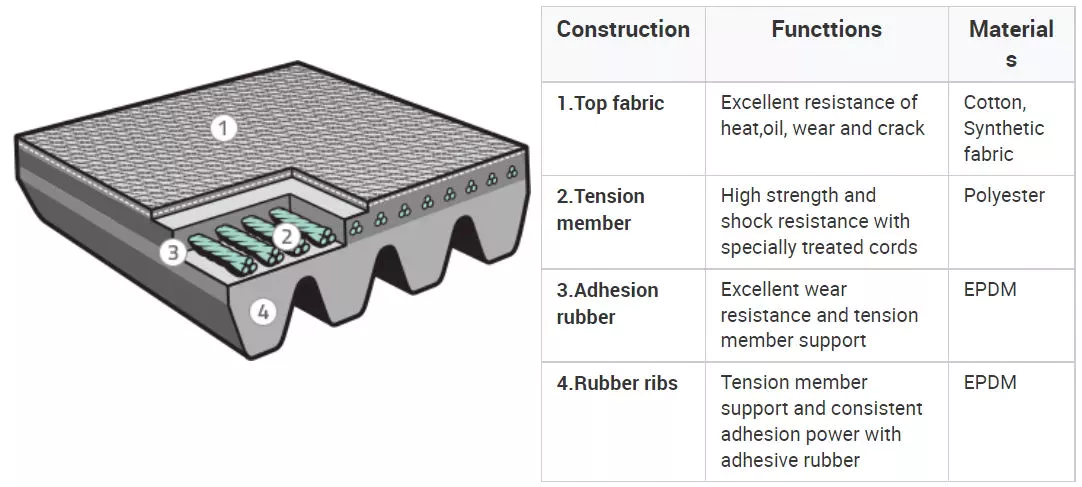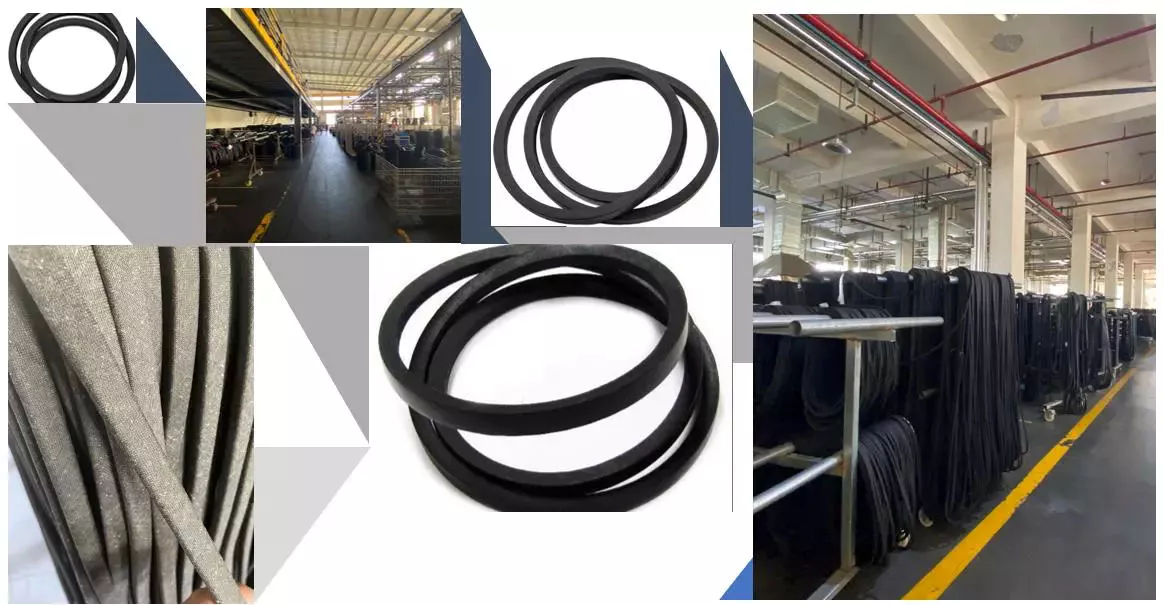Product Description
ENGINE CYLINDER BLOCK AND PARTS
PARTS RANGE :
Cylinder block, cylinder head ,main bearing , crankshaft, piston,liner, camshaft, Rod, oil cooler, water radiator, oil pan, oil pump, fuel pump, water pump, turbocharger, fan ,belt, injector, alternator, flywheel, starting motor
FIT ENGINE:
CUM MINS: NT855-C280, NT855-C360, NT855-C4) Harness-ECM wiring
457110 (: 2864514) Harness-ECM wiring
4955706 (: 4972857) Water pump
2864571 (CPL-2828) Cylinder head assy
4952832 (CPL-8545) Cylinder head assy
21Q6-41000 ( ) Alternator
4903472 (CPL-8545) Injector (QSM11)
4026222 (CPL-2828) Injector (QSM11)
3411754 Injector (ISM11)
2.430-00171 COVER
2.180-00070 GASKET
2.410-00060 CYLINDER BLOCK SUB ASS`Y
2.430-00121 . CAP;SEALING
2.120-00173 . BOLT;BEARING CAP
2.430-00122 . CAP;SEALING
– . CAP ASS`Y
2.181-00441 PLUG;TAPER
2.123-00146 PIN;DOWEL
2.405-00145 SHAFT;IDLER
2.429-00044 XIHU (WEST LAKE) DIS.;OIL LEVEL
2.123-00147 PIN;DOWEL
2.181-00361 PLUG;EXPANSION
2.408-00114 BUSHING;KNOCK
2.408-00115 BUSHING;KNOCK
2.408-00116 BUSHING;KNOCK
A218070 BUSHING
2.181-00442 PLUG;TAPER
2.180-0 0571 SEAL;SIDE
2.412-00163 PLATE;FRONT W/O PTO
2.423-00065 CASE;OIL SEAL
2.180-00140 GASKET;FRONT PLATE
2.180-00170 GASKET;OIL SEAL CASE
2.180- 1 SEAL;OIL REAR
2.405-00157 SHAFT;OIL FILTER
2.181-00443 PLUG;TAPER
2.120-00085 BOLT
2.120-0 0571 BOLT;WITH WASHER
2.120-0571 BOLT;WITH WASHER
2.177-00018 METAL SET;CRANK SHAFT
2.177-00019 METAL SET;CRANK SHAFT 0.25
2.177-0571 METAL SET;CRANK SHAFT 0.50
2.402-05717 HOUSING;FLYWHEEL
A218347 BOLT;WITH WASHER
2.181-00193 PLUG
2.120-0 BOLT
2.119-00007 GAUGE;OIL LEVEL
2.150-00009 HANGER;ENGINE
2.423-00037 CYLINDER HEAD ASS`Y
2.430-00121 . CAP;SEALING
2.430-00124 . CAP;SEALING
2.429-00064 . XIHU (WEST LAKE) DIS.;VALVE
2.180-00127 GASKET;CYLINDER HEAD
2.120-5714 BOLT;CYLINDER HEAD
2.120-05711 BOLT;FLANGE
2.120-0 0571 BOLT;WITH WASHER
2.181-00445 PLUG;TAPER
2.430-0 0571 CYL. HEAD COVER ASS`Y
– “. PIPE,COOLING”
2.180-00072 . GASKET
– . COVER;CYL. HEAD
2.121-00119 NUT;CAP
2.114-57170 WASHER;PLAIN
2.184-00012 HOSE;BREATHER
2.430-00082 CAP;FILLER
2.409-00149 PISTON STD 18mm
30L17-1571 “PISTON,STD;21 mm PIN”
2.409-00119 PISTON 0.25
2.409-00120 PISTON 0.50
2.115-00171 RING SET;PISTON STD
2.115-00169 RING SET;PISTON 0.25
2.115-00170 RING SET;PISTON 0.50
2.428-00033 CONNECTING ROD ASS`Y 18mm
30L19-00031 “ROD,CONNECTING;21mm”
2.121-00040 . NUT
2.120-00184 . BOLT;CONNECTING
– . ROD;CONNECTING
– . CAP;CONNECTING
2.177-00017 METAL SET;CON-ROD STD
2.177-00015 METAL SET;CON-ROD 0.25
2.177-00016 METAL SET;CON-ROD 0.50
2.405-00092 SHAFT;CRANK
2.105-00012 PULLEY;CRANK SHAFT
2.403-00091 GEAR;CRANK SHAFT
2.121-00154 NUT;JAM
2.114-57171 WASHER;PLAIN
2.114-01115 WASHER;SPRING
2.113-00016 KEY;WOODRUFF
2.154-00007 FLYWHEEL ASS`Y
2.403-05719 . GEAR;RING
– . FLYWHEEL
2.120-05717 BOLT;FLYWHEEL
2.430-00137 CAP;VALVE STEM
2.405-00173 ROCKER SHAFT ASS`Y
2.121-00155 NUT;JAM
2.115-0571 RING;SNAP
2.131-0571 SPRING;ROCKER SHAFT
2.145-00003 STAY;ROCKER
2.123-00156 PIN;GROOVED
2.310-00006 ARM;ROCKER
2.120-00521 SCREW;ADJUSTING
2.421-00169 VALVE;INTAKE
2.421-00154 VALVE;EXHAUST
2.131-00489 SPRING;VALVE
2.115-00077 RETAINER;VALVE
2.421-00172 VALVE;LOCK STEM
2.180-0 0571 SEAL;VALVE STEM
2.120-5711 BOLT;ROCKER STAY
2.429-00128 TAPPET
2.428-00049 ROD;PUSH
2.120-00091 BOLT
A218132 WASHER;SPRING
2.114-57172 WASHER;PLAIN
2.114-0 0571 WASHER;CAM SHAFT STOP
2.109-00115 BEARING;BALL
2.405-00080 SHAFT;CAM
2.403-0 GEAR;CAM SHART
2.113-00016 KEY;WOODRUFF
2.120-00090 BOLT;WITH WASHER
2.412-00142 PLATE;DISTANCE
2.113-00015 KEY;SUNK
2.109-00116 BEARING;BALL
2.403-00135 GEAR;FUEL INJ PUMP
2.115-571 RING;SNAP
2.405-00127 SHAFT;FUEL INJ PUMP
2.403-00148 IDLER GEAR ASS`Y
2.115-0571 RING;SNAP
2.415-00003 NOZZLE & HOLDER ASS`Y
2.180-00148 GASKET;HOLDER
2.140-00013 PIPE ASS`Y
2.140-00014 PIPE ASS`Y
2.140-00015 PIPE ASS`Y
2.140-00060 PIPE;FUEL RETURN
2.121-00041 NUT
2.180-00142 GASKET;FUEL RETURN
2.140-00051 FUEL PIPE ASS`Y
2.138-00004 . JOINT
2.184-00014 . HOSE;FUEL
2.184-00002 . HOSE
2.124-00037 . CLIP
2.241-00035 FUEL PUMP ASS`Y
2.198-00002 . MOUNT;RUBBER
What Is a V-Belt?
A v-belt is a type of belt that provides a continuous motion to the vehicle’s wheels. This type of belt is made of several different components. They usually have a trapezium-shaped cross-section because of its elastomer core. Elastomers are often made of polyurethane or a synthetic rubber with good shock resistance. Sometimes, a v-belt will have 2 sections – cushion rubber and compression rubber.
Link-type V-belt
A laminated link-type V-belt is 1 embodiment of the present invention. The belt comprises individual lamina sections connected longitudinally by studs and tubes, each of which has at least 1 connecting means. The slots in the links allow for a full share of the load to be transferred through the belt, and they also reduce substantially all internal mechanical stresses. The belt is preferably designed to extend substantially the entire width of the machine being driven.
Conventional link-type V-belts are installed between 2 pulleys on the tight side of the V-drive. A wide end of a link moves in the direction of rotation, while the stud of a second, smaller link pulls the nose end of the third link forward. The shank of the stud pivots on a solid fabric located in hole 2 of the third link below. The bottom link, however, curls over the stud and the belt is assembled.
The present invention offers an improved method of forming a link-type V-belt. The belt is manufactured using links and does not have to be fitted as tightly as conventional link-type V-belts. This belt is flexible and strong enough to handle normal tension loads in a well-designed drive. In addition, the belts made using the present invention will have a longer life, thereby extending the drive’s load-carrying capacity.
Classical V-belt
A classical trapezoidal belt profile makes the VB Classical V-belt ideal for various industrial applications. Available in small sizes from 5mm to 3mm, these belts are available with cogged or raw edges. Their highly engineered construction makes them ideal for a variety of uses. These belts are commonly used in motors, compressors, milling machines, mixers, and other mechanical devices. To determine the right belt for your application, consider the following factors.
The classic v-belt is the most common and economically-priced type of v-belt. They are manufactured using special formulated rubber reinforced with polyester cords. These belts can span from 16 inches to 400 inches in length. The classic V-belt is also very easy to replace. The belt’s outer diameter and pitch can be measured. The length is typically standardized by the Association for Rubber Product Manufacturers.
Typically, classical V-belts are used in single-belt drives. Because they don’t require lubrication or maintenance, these belts are often available in sizes A and B. However, larger belt sizes are rarely used for single-belt drives. In such cases, multiple A or B belts are an economical alternative to single-belt C. In addition, narrower-profile V-belts provide higher power ratings than conventional V-belts because of their higher depth-to-width ratio. These belts are ideal for heavy-duty applications.
Narrow V-belt
The narrow v-belt is the same as a conventional v-belt, but it has a smaller top and bottom width. This makes it suitable for higher horsepower applications, and it is used in high-end sports cars. Narrow v-belts are generally characterized by a letter “v” on the top side and a length of outside dimensions of 1.6:1.
The steel wires that comprise the core of the v-belt are endless and are free of joints. This provides the strength required for torque transmission. A base rubber compound is placed around the steel wire and acts as a medium of compression and shock absorption during power transmission. A plastic layer acts as a protective cover, and provides the rubber with a degree of temperature tolerance. While choosing a narrow v-belt, it is important to keep in mind that there are some disadvantages to a narrow V-belt.
For example, a narrow V-belt is suitable for high-power applications, and may be used in a small assembly space. Its narrow profile also allows it to be space-saving in layout and allows high-speed drives without additional belts. Furthermore, it reduces operating and maintenance costs. It is ideal for applications where space is limited, and a high torque is required. The benefits of a narrow V-belt are plentiful.
Banded belt
Identifying a banded v-belt can be tricky, but there are a few signs that can indicate a possible problem. Cracked belts can be difficult to spot, but they can be an early indicator of a more serious problem. Look for cracked underside edges, worn covers, and misplaced slack. If 1 or more of these factors applies to your belt, you may want to seek a replacement.
Banded v-belts are made with an elastomer core. The main component of this belt is the elastomer, which is used for the band’s flexural strength and shock resistance. It’s sometimes separated into 2 sections, with each section connected to the other by a tension cord. This gives the belt its trapezium cross-section, which increases tensile strength.
The 2 main types of banded v-belts are wrapped or raw edge. Wrapped v-belts have a fiber-covered body while raw edge belts are uncovered. Banded v-belts are often classified by their cross-section, and include: standard v-belt, wedge v-belt, narrow versus double v-belt, cogged v-belt, and double t-belt.
Banded v-belts are popular with commercial applications. Whether you’re looking for a 2V-belt or a large 8V-belt, V-Belt Guys has what you need. We also stock a wide variety of different banded v-belts and can help you find 1 that fits your needs and budget. Take a look at our selection today!
Traditional V-belt
Although a traditional V-belt may be a glorified rubber band, modern variations reflect advances in engineering. Proper installation and maintenance are essential for trouble-free service. When you are replacing a traditional V-belt, be sure to follow these simple steps to ensure its longevity. Read on to learn more. Listed below are the features of each type of V-belt. Identify the type of belt you need by measuring its top width, circumference, and dimensions.
TEC Traditional V-belts have an exceptionally low slip rate and are resistant to high operating temperatures. These types of belts do not experience early belt aging. They are also highly resistant to poor operating conditions. However, the maintenance is more extensive than other types of belts. A typical V-belt part number is B50, which is the cross-section size of a 50-inch belt. The belt’s lifespan is greatly increased because of this feature.
A ribbed V-belt is another option. It has a deeper V than a traditional V-belt. The ribs in this type are narrower and more flexible. These ribs are smaller than the classic V-belt, but they can transmit 3 times as much horsepower. Because they are thinner, these belts are more flexible than traditional V-belts. The thickness of the ribs is less critical.
Metric V-belt
Metric V-belts are made to a more precise standard than their American counterparts. These belts are manufactured to meet ARPM tolerances, making them suitable for industrial, machine, and food processing applications. This metric system is also more convenient than converting between the 2 units. Listed below are the most common uses for a Metric V-belt. If you’re in the market for a new belt, consider ordering a metric one.Metric V-belts are made to a more precise standard than their American counterparts. These belts are manufactured to meet ARPM tolerances, making them suitable for industrial, machine, and food processing applications. This metric system is also more convenient than converting between the 2 units. Listed below are the most common uses for a Metric V-belt. If you’re in the market for a new belt, consider ordering a metric one.
Metric V-belts are generally more durable than their equivalents made of standard American-sized belts. Metric V-belts are available in many different sizes to fit different machineries. In addition to offering superior load-carrying capacity, Metric Power(tm) V-belts are known for their exceptional flex and stretch characteristics. For optimum performance in textile mills, food processing, and machine tool applications, Metric Power(tm) V-belts are manufactured using a proprietary construction that combines a higher load-carrying capacity with superior flex and stretch.
Metric belts can generate 50% to 100% more horsepower than conventional and classic sectioned belts. This is achieved through improved construction and placement of the cord line. These belts also have unique wedge designs that help them support the cord in motion. However, you must ensure the proper tension when buying a Metric V-belt, because improper tension may damage the belt. They are compatible with both U.S. and international standards.

